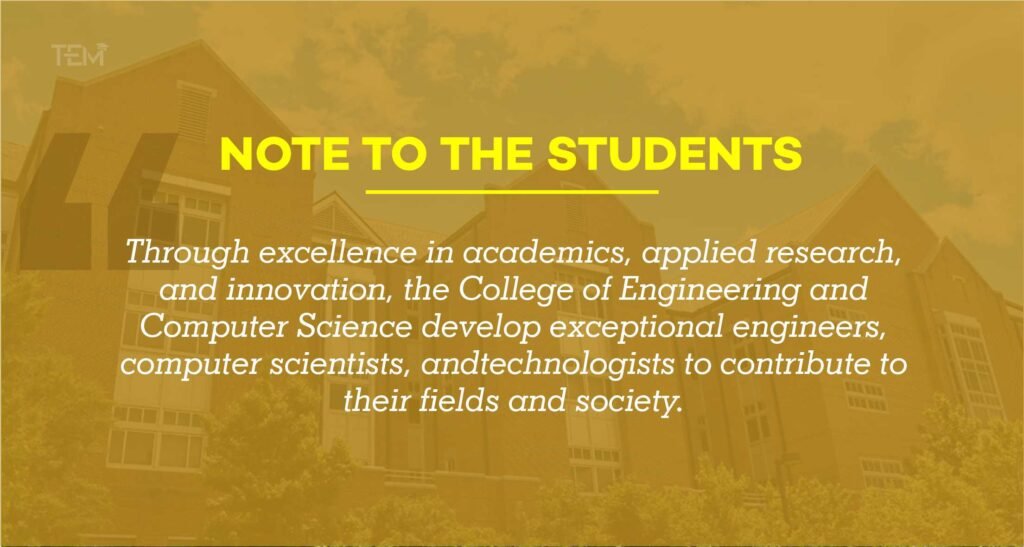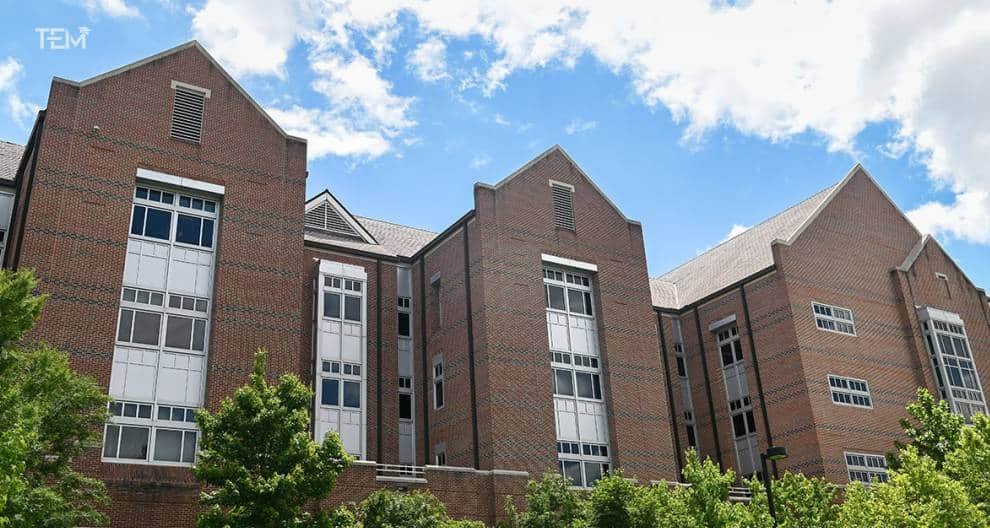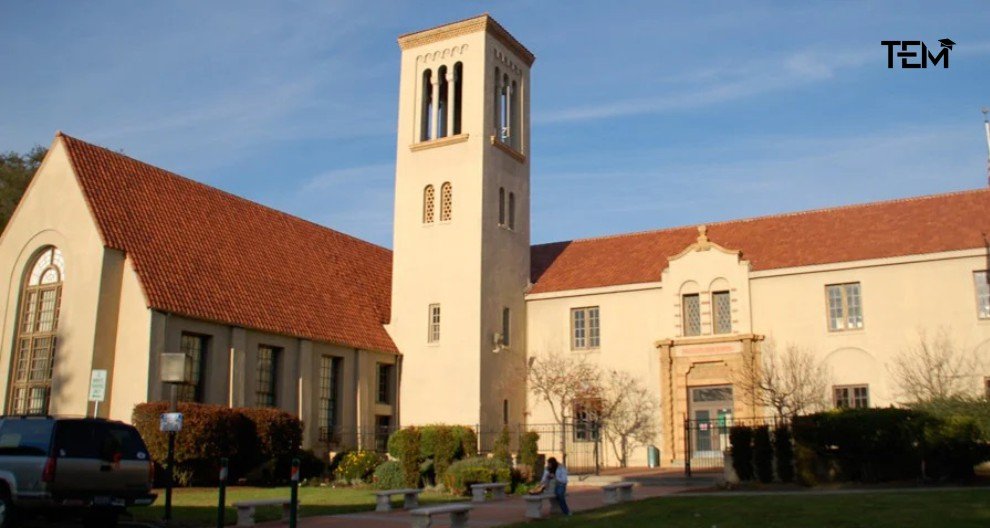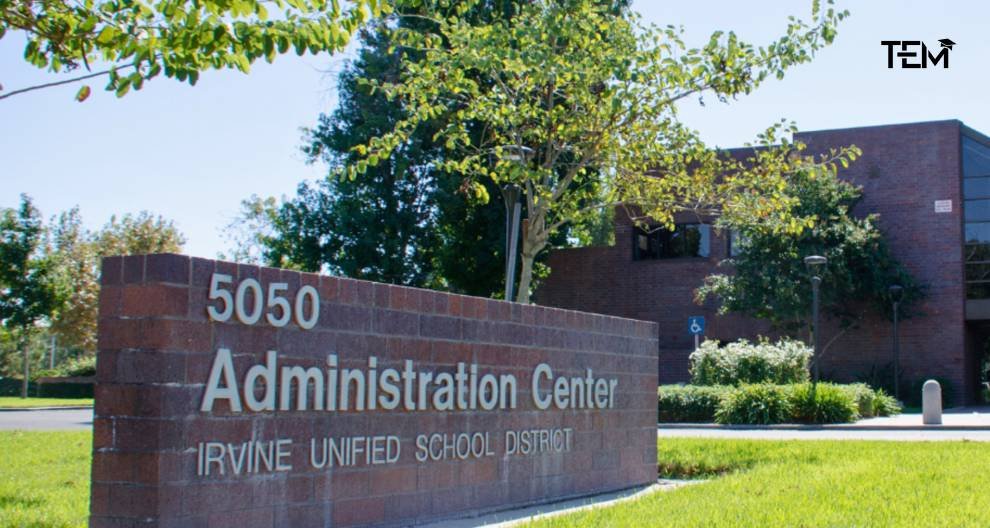Situated in the Southeastern United States, the University of Tennessee at Chattanooga (UTC) is a metropolitan institution known for its outstanding undergraduate and graduate academic programs. Its scholarly and creative achievements, diversity and inclusiveness, and critical partnerships provide solutions with industry and government organizations to challenging problems of global concerns, through the institution’s commitment to achieving excellence in teaching, research, and service.
Located in Southeast Tennessee along the Tennessee River, the city of Chattanooga is surrounded by Signal Mountain to its north, Lookout Mountain to its south, Racoon Mountain to its west, and Missionary Ridge to its east. For its beauty, Chattanooga is known as the Scenic City and rated one of the best mid-size cities for people to live in the country.
The university was established in 1886 as a private school, staying private until 1969 when it became part of the University of Tennessee system and was renamed the University of Tennessee at Chattanooga in 1969. Home of the Mocs, it offers over 800 undergraduate and master’s degree and Ph.D. programs with over 11,000 students from across the U.S. and the world.
The College of Engineering and Computer Science (CECS) at UTC is highly recognized for its education and training in engineering, management, and computer science. The college, first envisioned by Drs. Lynn Russell, Terry Carney, Bob Wynn, and Ron Cox, came into existence in 1969, with the support of community leaders and elected officials. Initially, the primary focus of the program was industrial manufacturing, which turned out to be a strong economic driver in the Tennessee Valley Corridor. The name of the college changed in 1977 when the engineering and computer science departments joined forces.
CECS aims to discover new knowledge while engaging with communities through scholarships, service with leadership, distinction, and economic development. The college focuses on cultivating excellence in teaching and learning, enhancing research capabilities, and enriching student experience.
“We are dedicated to meeting the diverse needs of the region through strategic partnerships and community involvement,” said Dr. Daniel J. Pack, Dean of College of Engineering and Computer Science at the University of Tennessee at Chattanooga.
Extensive Approach to Technical Education
The college was founded to train and educate the future technical workforce. In a little over 40 years of its existence, CECS has produced over 5,000 engineers, engineering managers, computer scientists, and technologists. Presently, it enrolls over 1,600 undergraduate and graduate students in 13 disciplinary-specific programs. The college currently offers fully accredited degrees in seven undergraduate programs (one new program is to be reviewed for accreditation this year), four master’s degrees, and Ph.D. degrees.
Faculty and staff at the institution work with a common vision of making a pre-eminent college of engineering and computer science. The college is made of five departments—Civil and Chemical Engineering, Computer Science and Engineering, Electrical Engineering, Engineering Management and Technology, and Mechanical Engineering. The college continues to seek ways to enhance the learning experience of its students using both conventional and innovative methods. After the recent shift to remote learning, CECS now offers a variety of online courses. The Engineering Management online program ranked among the Top 20 nationwide by Intelligent.com, an education website.
The faculty of the college also is actively involved in research in areas of urban science (Smart Cities), energy and networked systems, data analytics, infrastructure engineering, information security, quality control, robotics, fluid dynamics, and automotive systems, just to name a few. CECS students—both undergraduate and graduate—have ample opportunities to work with faculty members on real-world research problems which result in discovering technologies, finding solutions to difficult problems, and optimizing operational costs of companies and governmental organizations.
A Holistic Model of Learning
CECS offers more than just a diploma to its students on graduation. Being at UTC provides an opportunity to gain an applicable and practical education. Students participate in various, innovative research and boost their knowledge with exclusive internship experiences. With the limited class size, students benefit from robust mentorships with faculty and reach their full potential. Further, strong partnerships of the college with local, national, and global organizations help students build a sustainable career.
“Our faculty takes pride in building close mentor-mentee relationships with our students in small-size classes with attention given to individual student success,” said Dr. Pack.
At CECS, students are active in a variety of classroom, laboratory, community, and extracurricular activities. They annually participate in national student contests such as the Steel Bridge competition, the Concrete Canoe competition, the Institute of Electrical and Electronics Engineers Robotics competition, the SAE Collegiate Design contest, the Chemical Car competition, and more.
With more than 28 student organizations, competition teams, and clubs available, students will find activities that fit their interests, such as the Rocket Mocs team, which won the national championship in 2019 and broke a world record in 2020 after launching a rocket that reached 17,267 feet or about 3.3 miles.
Additionally, students also serve the communities through activities and projects with organizations such as Engineers Without Borders, Habitat for Humanity, Erlanger Health System, and Hamilton County Department of Education. Students at the college are highly involved in the STEM (Science, Technology, Engineering, and Math) education of the region through sponsoring LEGO robotics competitions, ACT preparation workshops, science fairs, and mathematics competitions.
Paving Career Paths
The CECS Center for Student Success bridges the gap between academics and careers after graduation. Through early engagement, individualized academic advising, career development, and experiential learning opportunities, students are guided toward the best academic paths and are supported to apply the acquired academic experiences in the real world. The Center works to engage all engineering, engineering management, and computer science students with quality academic advising, job search techniques, and professional development workshops.
In addition, working with over 500 regional and national companies and organizations, the Center seeks student internship opportunities, hosts professional development skills series such as resume writing, elevator pitches, dress for success, and mock interviews. It also hosts two career fairs per year. Students benefit by learning about an array of companies that visit each career fair while the companies benefit by procuring high-potential candidates who may join their teams in positions such as internships, co-ops, or full-time employees.
The Center provides support for all students through its tutoring and supplemental instruction. It also provides programs and services to promote student success along with supporting the university’s overall mission. The dedicated staff at the Center reflects the college’s quality programs and commitment to enrich students’ experiences and enhance success.
“We are proud that all our students receive hands-on, application-oriented education, making the demand of our graduates by industry extremely high,” said Dr. Pack.

Also Read: The 10 Elite Engineering Colleges of 2024


